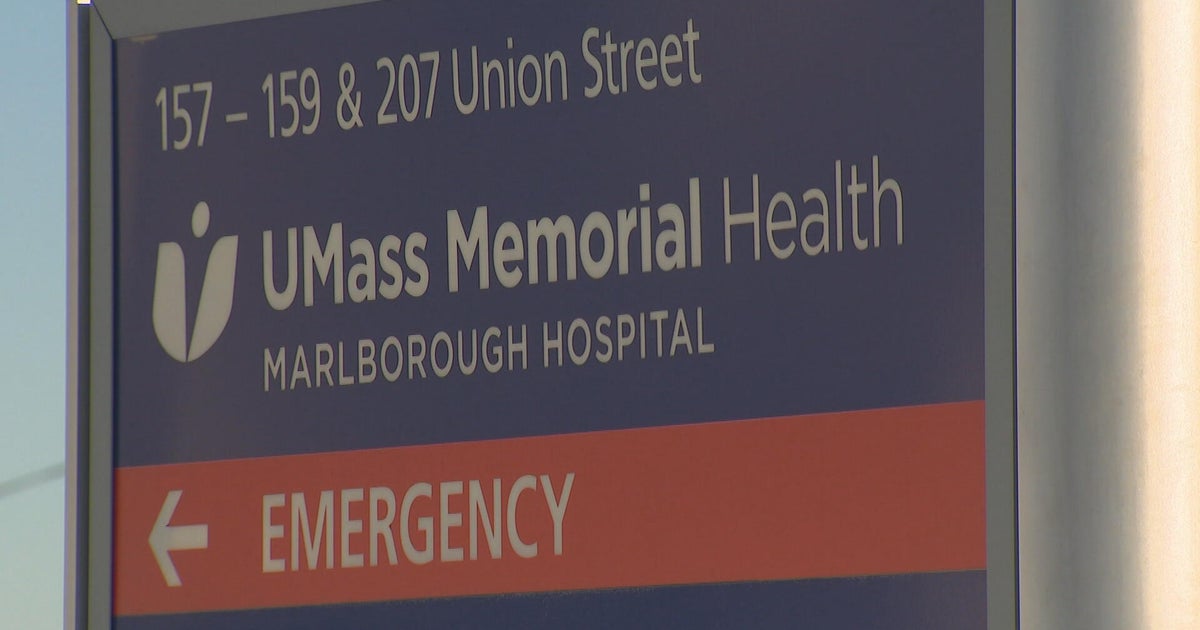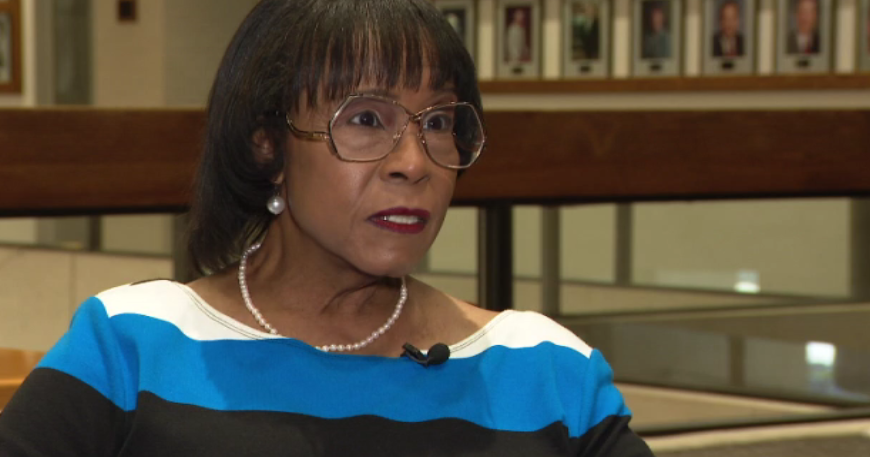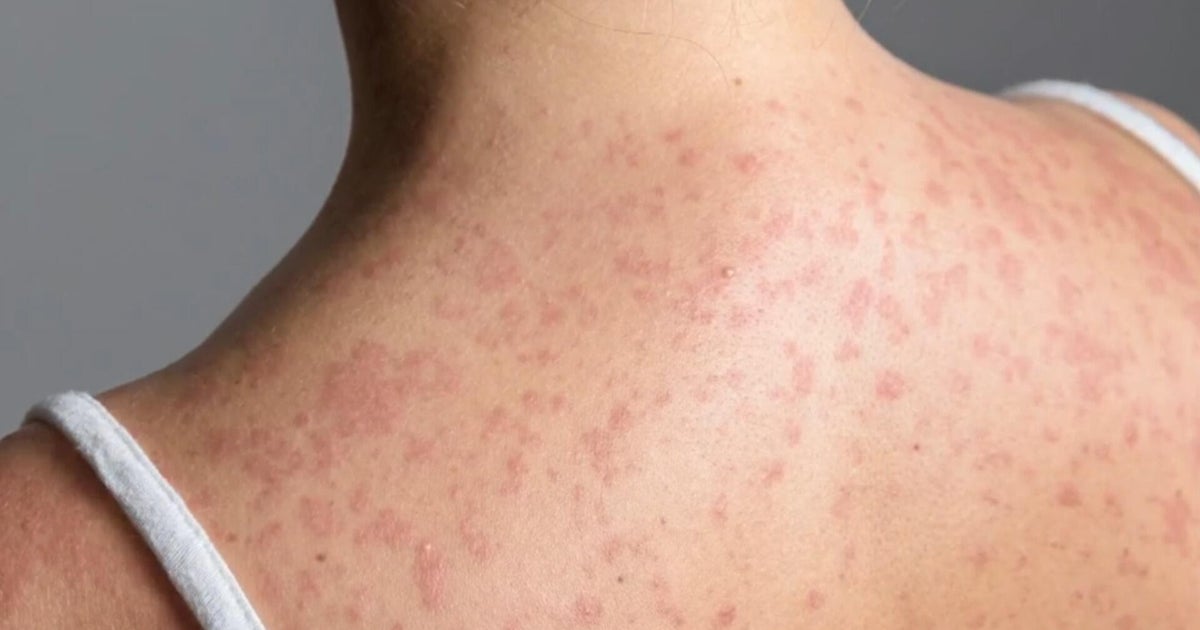UC Davis Coronavirus Case Forces 124 Health Care Workers To Self Quarantine
SAN FRANCISCO (CBS SF) -- Possible exposure to a patient before her coronavirus was diagnosed at UC Davis Medical Center in Sacramento has forced the self quarantine of 124 health care workers including 36 nurses, an umbrella group of nurses unions nationwide announced Friday.
Criticism has surrounded the confirmation process involved in the Solano County woman's diagnosis.
In a memo to its employees UC Davis administrators said the patient had been treated for several days before being tested for the COVID-19 strain of the coronavirus.
"This patient was transferred to us from another Northern California hospital on Wednesday, Feb 19," the memo read. "When the patient arrived, the patient had already been intubated, was on a ventilator, and given droplet protection orders because of an undiagnosed and suspected viral condition."
"Since the patient did not fit the existing CDC criteria for COVID-19, a test was not immediately administered. UC Davis Health does not control the testing process," the memo continued.
On Sunday, the patient was moved into isolation, but hospital staffers had already been exposed to her.
"Just as when a health care worker has a small chance of exposure to other illnesses, such as TB or pertussis, we are following standard CDC protocols for determination of exposure and surveillance," the memo read. "So, out of an abundance of caution, in order to assure the health and safety of our employees, we are asking a small number of employees to stay home and monitor their temperature."
National Nurses United, an umbrella group that represents the California Nurses Association along with nurses unions across the country, said the number of UC Davis employees being required to self quarantine at home was least 36 registered nurses and 88 other health care workers.
"Despite University of California medical facilities being generally better prepared and equipped to treat challenging medical cases, the recent UC Davis Medical Center COVID-19 case highlights the vulnerability of the nation's hospitals to this virus and the insufficiency of current Centers for Disease Control guidelines," the organization said in a press release.
According to the National Nurses United, nurses employed by the University of California medical centers had met with UC officials four times and written repeatedly, starting from Jan. 28, to notify them about the urgency to prepare for coronavirus.
On Feb. 18, UC nurses wrote to UC President Janet Napolitano to demand increased protection for nurses and patients against the coronavirus.
National Nurses United contended that UC Davis nurses approached hospital management on Feb. 11 and asked them to institute infection control plans that already existed and had been in place during the 2014 ebola outbreak, but the hospital did not.
"We know that we can be successful in getting all our hospitals prepared to control the spread of this virus," said Bonnie Castillo, executive director of National Nurses United. "We are committed to working with hospitals and state and federal agencies to be ready."
"But nurses and health care workers need optimal staffing, equipment, and supplies to do so. This is not the time for hospital chains to cut corners or prioritize their profits. This is the time to go the extra mile and make sure health care workers, patients, and the public are protected at the highest standards."
National Nurses United is conducting a survey of registered nurses across the country on hospital preparedness and will be releasing those results next week. But the organization called the preliminary results from more than 1,000 nurses in California worrisome:
- Only 27 percent report that there is a plan in place to isolate a patient with a possible novel coronavirus infection. 47 percent report they don't know if there is a plan.
- Only 73 percent report that they have access to N95 respirators on their units; 47 percent report access to powered air purifying respirators (PAPRs) on their units.
- Only 27 percent report that their employer has sufficient personal protective equipment (PPE) stock on hand to protect staff if there is a rapid surge in patients with possible coronavirus infections; 44 percent don't know.







